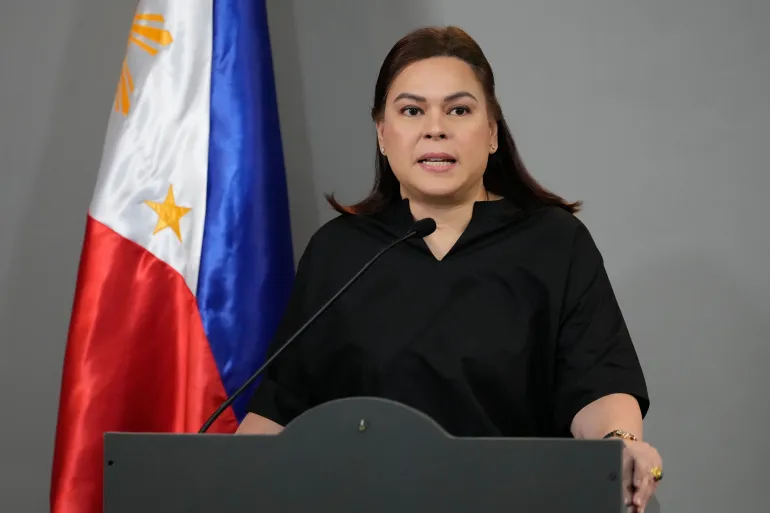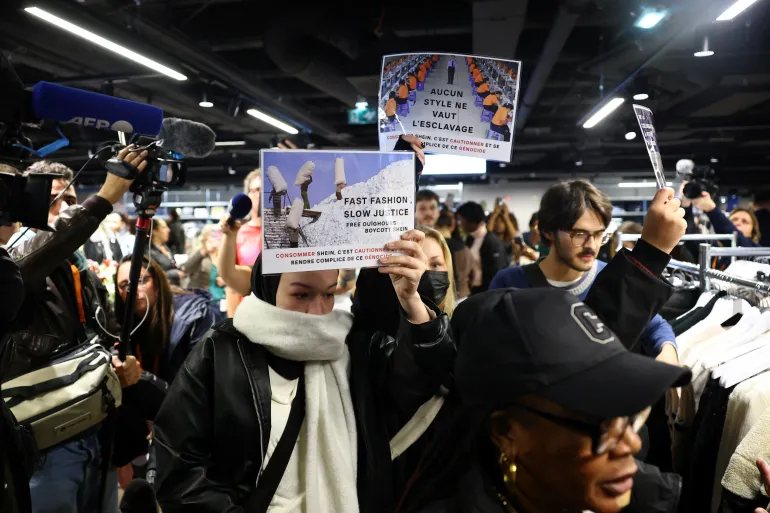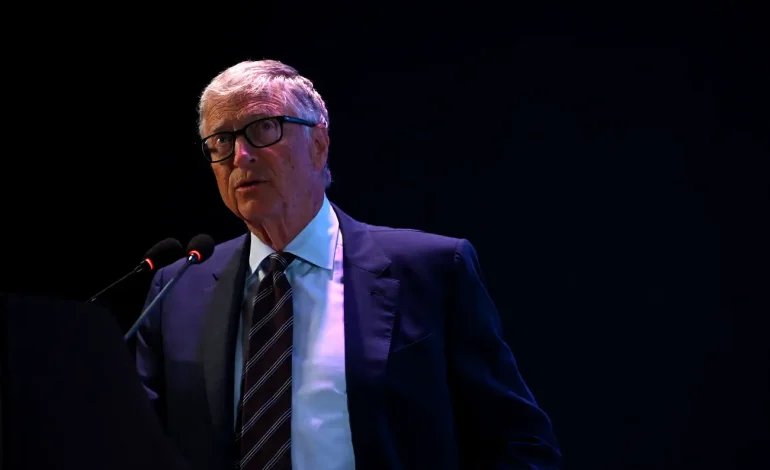Billionaire philanthropist Bill Gates has shared his views on the transformative potential of artificial intelligence (AI) in addressing labor shortages in fields once considered resistant to automation, specifically teaching and medicine, Business Insider reports.
During an appearance on the “People by WTF” podcast, Gates explained how AI could help alleviate the long-standing shortages of doctors and teachers, while also impacting blue-collar jobs.
According to Gates, AI’s role in the future of healthcare could help solve shortages that have been a persistent challenge.
“AI will come in and provide medical IQ, and there won’t be a shortage,” he said.
The shortage of healthcare professionals has been a growing concern worldwide, particularly in countries like India and several African nations, as well as in the US A report from the Association of American Medical Colleges projected a physician shortage of up to 86,000 specialists and primary care doctors in the US by 2036.
Gates also highlighted the diminishing number of doctors specializing in geriatric care, despite an aging population. In response to these challenges, healthcare-focused AI startups, such as Suki, Zephyr AI, and Tennr, are working to ease healthcare professionals’ workloads by automating tasks like billing and note-taking, improving diagnosis accuracy, and helping to identify patients for new treatments. McKinsey estimates that generative AI could boost productivity in healthcare and pharmaceuticals by up to $370 billion.
In education, Gates sees a similar opportunity for AI to address staffing shortages. Federal data from 2023 revealed that 86% of US K-12 public schools faced difficulties hiring teachers for the 2023-2024 school year, with 45% of schools reporting staff shortages. In the UK, a London high school recently piloted a program using AI tools like ChatGPT to help students prepare for exams, covering subjects like English, math, biology, and computer science. Educators have expressed optimism about AI’s potential to save teachers time and enhance learning, especially as the demand for educators continues to outpace supply.
Beyond healthcare and education, Gates noted that AI is increasingly making its way into sectors such as manufacturing, construction, and hospitality, where physical labor is required. Tech companies, including Nvidia, are investing in humanoid robots designed to perform manual tasks such as picking items in warehouses and cleaning floors, aiming to reduce labor costs and improve efficiency.
Gates also discussed how AI could lead to a future where work could be drastically reduced or take a different form.
“You can retire early, you can work shorter workweeks,” he said.
Gates acknowledged that this shift would require a “philosophical rethink” about how time should be spent. He reflected on economist John Maynard Keynes’ 1930 prediction that technological advances could eventually reduce the workweek to just 15 hours, although, nearly a century later, most people still work about 40 hours per week.
For Gates, the prospect of a radically different work structure is both intriguing and challenging.
“I don’t have to work,” Gates said, acknowledging his own privilege. “I choose to work. Because? Because it’s fun.”










The latest news in your social feeds
Subscribe to our social media platforms to stay tuned